
For Bolé Festival, The Future Still Tastes Like Home
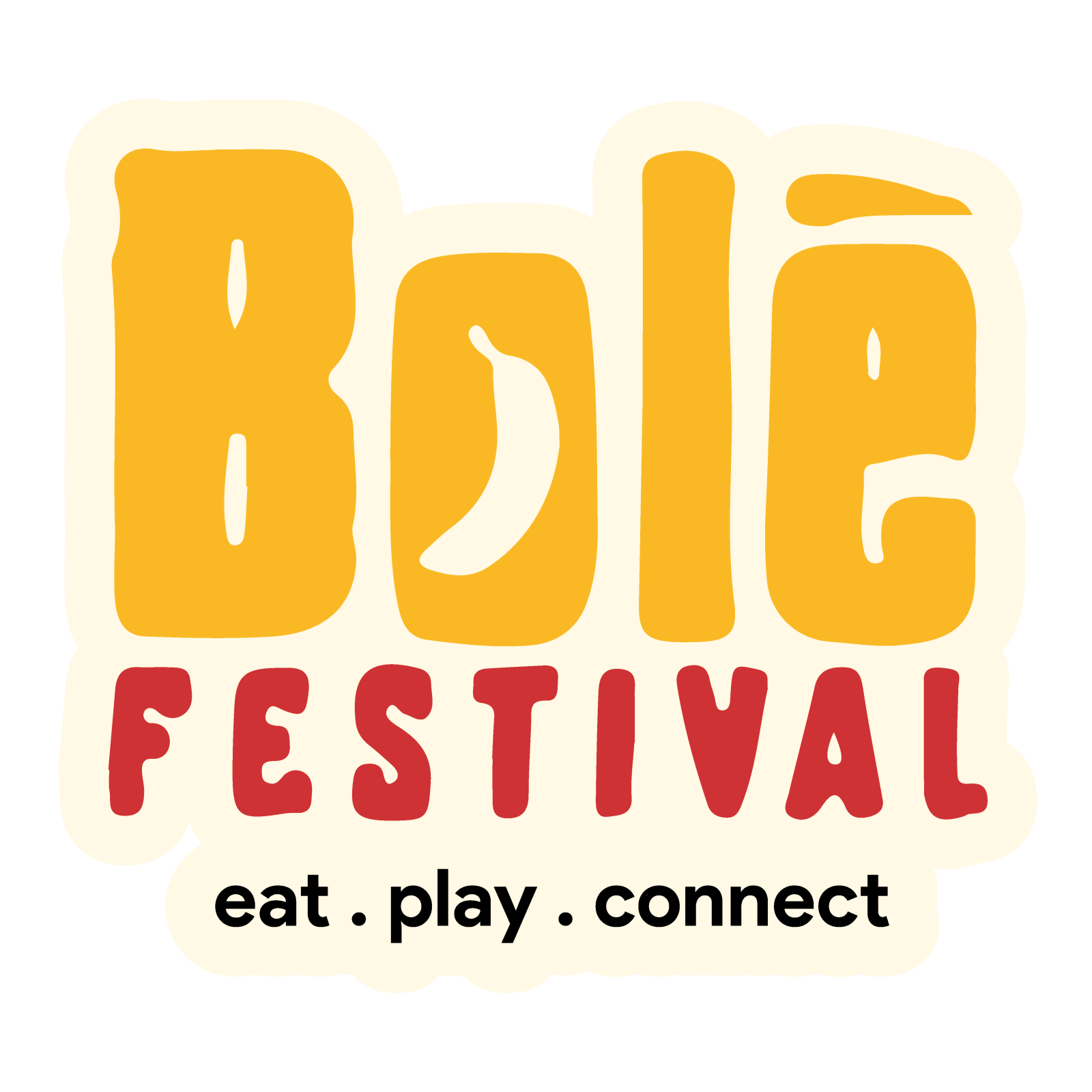
There is a unique energy in Port Harcourt every August and September. The smell of smoky plantains roasting over open flames fills the air, accompanied by the high-pitched rhythms of Afrobeats and the joyful laughter of tens of thousands of people enjoying themselves under the warm Nigerian sun. This is the Bolé Festival, which has transformed from a small gathering into a major celebration of West African culture, identity, and community. First held in August, the event was shifted to September for the second time in 2025, and by the evening I arrived, the impact was already visible. Traffic leading to the venue had started to choke the streets around 6 p.m., cars moving slowly as passengers leaned out to catch the faint sound of music carried on the breeze. The buildup itself felt like part of the festival, a city inching toward its biggest party.
The Bolé Festival has a humble origin. It began with a simple need: to create a space where people could connect over shared plates of bolé, the iconic roasted plantain served with spicy pepper sauce and tasty grilled fish. This dish goes beyond street food; it is a proud symbol of Port Harcourt and the wider South-South identity. For the founders, this initiative was never just about food; it was about building a sense of community and shared heritage. As the organiser reflected, the slogan “Eat. Play. Connect.” transformed from a catchy tagline into the heartbeat of a growing movement.
In its early years, the festival had an intimate feel, drawing just a few hundred people. Yet, its powerful aim to unite people through food, music, and art struck a chord. The event grew rapidly each year, thanks to enthusiastic word-of-mouth and a devoted fan base. By 2024, attendance had reached 35,000, and the record-breaking 2025 festival was overflowing with energy, establishing Bolé as a significant player in Africa’s festival scene. Its remarkable success comes from its ability to grow while remaining true to its roots. This is particularly clear in its programming and artistic choices. Each yearly theme is carefully crafted to tell a broader story of unity, joy, and cultural pride. Last year, 2024’s theme, “Rhythm and Vibration,” set the tone for memorable performances and immersive experiences. This year, the 2025 festival, themed, “One bite, One beat, One moment, brought together Port Harcourt acts alongside national and international stars like Joeboy, Fave, and Wizard Chan, creating a rich musical experience that delighted a diverse audience. The programming is a mindful balancing act designed to ensure every guest feels acknowledged and included.
.jpg&w=3840&q=75)
Bolé Festival’s real magic lies beyond the main stage. It offers fully immersive experiences: a lively market featuring Nigeria’s best artisans and designers. In this dynamic silent fashion show, attendees become runway models and play areas for kids to create lasting memories. This thoughtful planning ensures that every aspect of the festival, from performances to food, feels important. This balance has developed through years of actively listening to feedback and responding to the community’s changing interests. The festival’s visual identity is another key factor in its success. While many branded events slap a logo on merchandise, Bolé Festival takes a different approach. Its design philosophy is based on storytelling and emotional connection. The products carry meaning, telling a story rather than just serving as souvenirs. Inspired by the vibrant culture of the festival and everyday life in Port Harcourt, colourful kiosks to hand-painted signs, the designs feature playful illustrations, relatable sayings, and graphics that resonate with the audience’s shared experiences.
Slogans like “Certified Bolé Lover” or illustrations that reference local jokes turn ordinary hoodies and t-shirts into highly sought-after keepsakes, acting as identity badges that spark conversations long after the festival concludes. This approach has proven successful, creating demand that reaches beyond Port Harcourt, with people from Lagos and even abroad eager to buy items that connect them with the narrative and evoke emotions.
However, the cheerful atmosphere for visitors masks the immense effort behind the scenes. Organising an event for over 40,000 people requires meticulous planning, constant problem-solving, and deep teamwork. As the production crew puts it, it’s like running a small city for two days. The challenges are vast. The infrastructure strains under the weight of hundreds of vendors and stages, sanitation facilities are pushed to their limits, and crowd flow must be managed carefully.
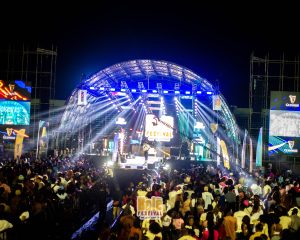
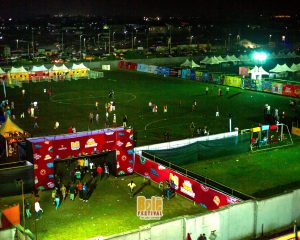
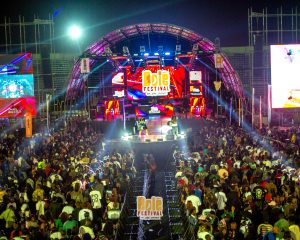
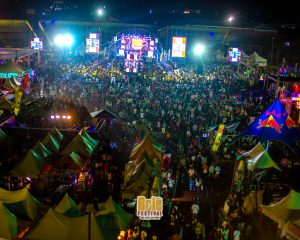
There’s always the risk of things going wrong, and this year was no different. At one point, an overloaded power cable in a vendor’s tent began to overheat, but quick-thinking electricians on standby stepped in immediately and averted what could have been a real disaster. Episodes like this remind you just how much work goes into running a festival of this size. The entire operation depends on a system that is both flexible and firm, with strict timelines, regular check-ins, and a central operations tent serving as mission control for whatever issues come up. The real strength lies in the team culture. Guided by teamwork, Accountability, Creativity, and communication, members are versatile, often switching roles to adapt to changing needs. A logistics coordinator might assist with sanitation. At the same time, a media person helps manage a crowd surge. This flexibility keeps everything moving smoothly. Festival’s impact goes well beyond cultural representation; it significantly benefits Port Harcourt’s economy and the surrounding area. It creates a valuable platform for small entrepreneurs and vendors, who see remarkable sales across a variety of goods, from traditional bolé to handmade crafts and clothing. Vendors are carefully chosen, ensuring they are ready for the festival’s demands without compromising quality.
Major sponsors like MTN, Guinness, Moniepoint, the British Council, and Johnny Walker leverage the event’s authentic community ties to connect with audiences genuinely. This blend of foreign investment and local business creates a powerful economic ripple effect, highlighting the festival’s role in empowering local economies and driving sustainable growth. It showcases that business and culture can thrive together.
Tickets for the 2025 edition sold at ₦8,000, a price point that some felt was modest given the scale of the experience. Yet it also speaks to the festival’s balancing act: keeping the event accessible while sustaining its growing infrastructure and ensuring vendors, artists, and crew are supported. The economic ripple goes beyond the grounds. Hotels fill up, transport businesses thrive, and vendors count their best sales of the year, showing how culture can anchor sustainability in fundamental, tangible ways.
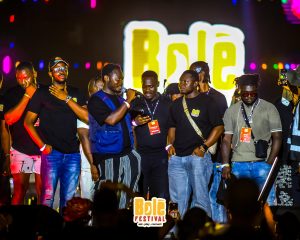
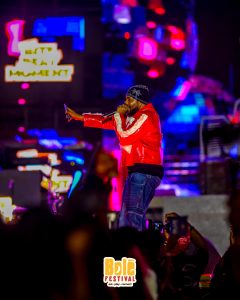
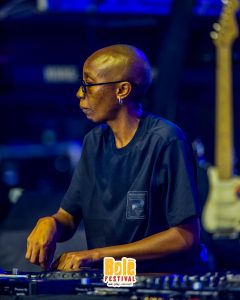
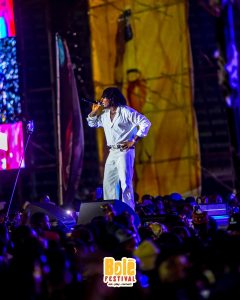
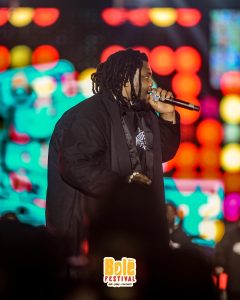


As the last notes of the final performance fade and another unforgettable weekend in Port Harcourt comes to a close, the producers of Bolé Festival take a moment to relax and celebrate. The wrap-up is a heartfelt ritual, starting with a thanksgiving service followed by a homestyle dinner where stories of backstage challenges are shared and enjoyed. It’s a chance to reflect on the chaos and the magic.
Looking ahead, the conversation isn’t just about more sponsors or bigger acts. Attendees and critics alike are calling for a larger venue to ease congestion and for limited-ticket editions that preserve the intimacy that made the festival special in its early years. With its tenth anniversary arriving in 2026, organisers face a symbolic milestone, the chance to both expand and deepen what Bolé Festival means.
Whatever form that takes, the essence remains: it’s not just about plantain and pepper sauce, but about the home it creates for anyone who shows up. For Bolé Festival, the future still tastes like home.
Read More:
- Nigeria: Parents Decry Ondo Medical University Fee Hike, Warn Of Mass Student Dropouts
- Ethiopia: Israel’s Twin In Africa Expansionism, Proxy Wars, And The Assault On Sovereignty
About The Author
Related Articles
Burna Boy, Rema Lead Nigerian Sweep at Afrima 2026
Nigerian artists dominated the 9th All Africa Music Awards (Afrima), which wrapped...
ByWest Africa WeeklyJanuary 15, 2026Burna Boy, Davido, DJ Maphorisa Lead AFRIMA 2026 Race
Africa’s biggest music awards ceremony is shaping up for an intense contest...
ByWest Africa WeeklyJanuary 10, 2026Wizkid, Seyi Vibez, and Asake Dominate Spotify’s 2025 Wrapped in Nigeria
Spotify has released its 2025 Wrapped data, and the results show another...
ByWest Africa WeeklyDecember 4, 2025Lagos Welcomes XVI Edition of S16 Film Festival Featuring Shorts, Features, and Panels
The 2025 edition of the S16 Film Festival officially opened in Lagos...
ByWest Africa WeeklyDecember 3, 2025







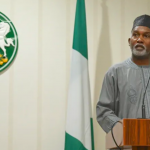

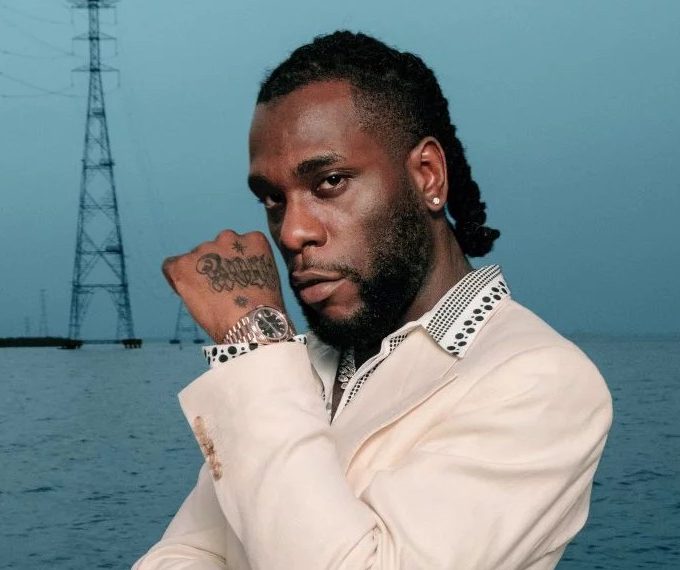
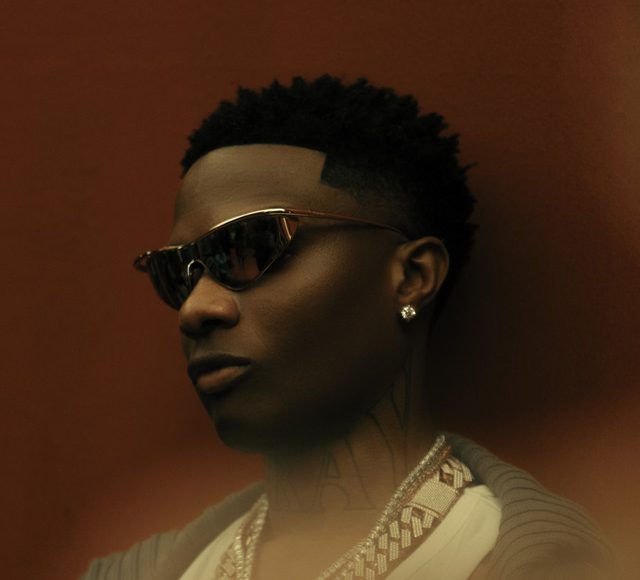
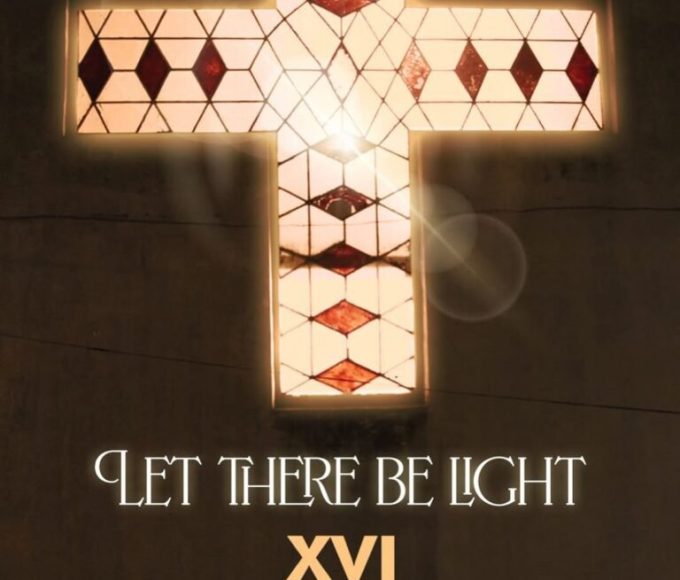
Leave a comment